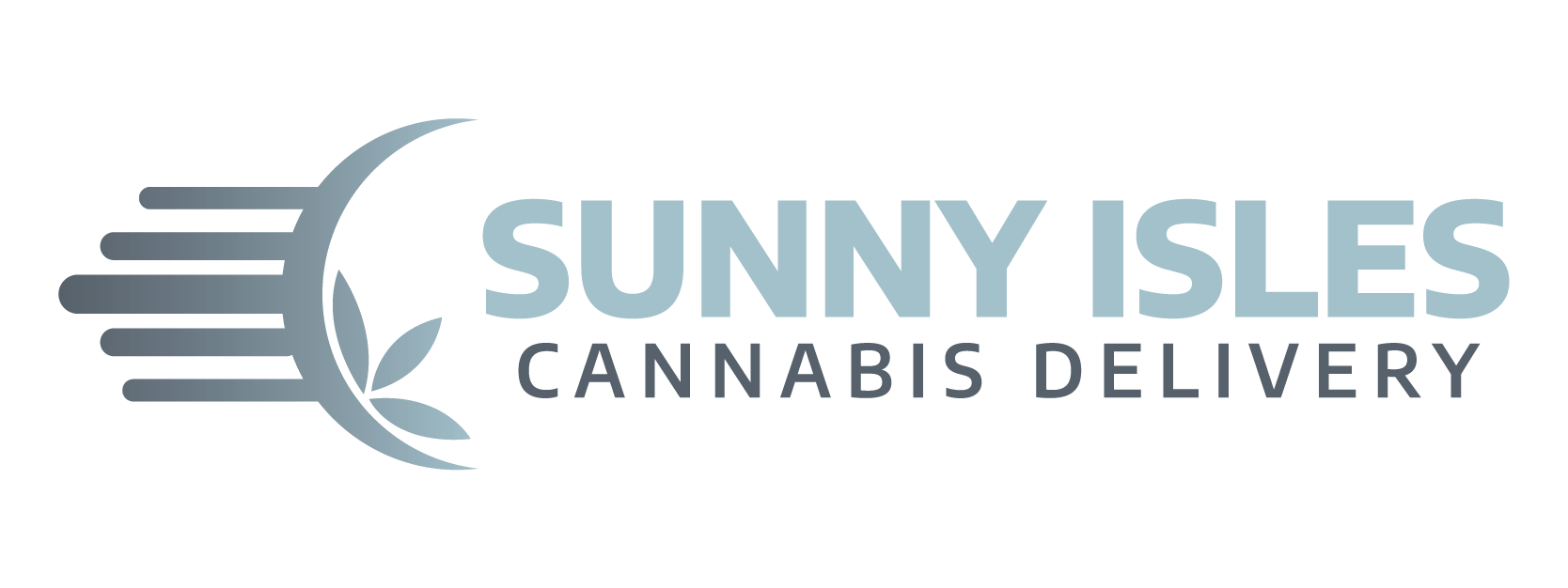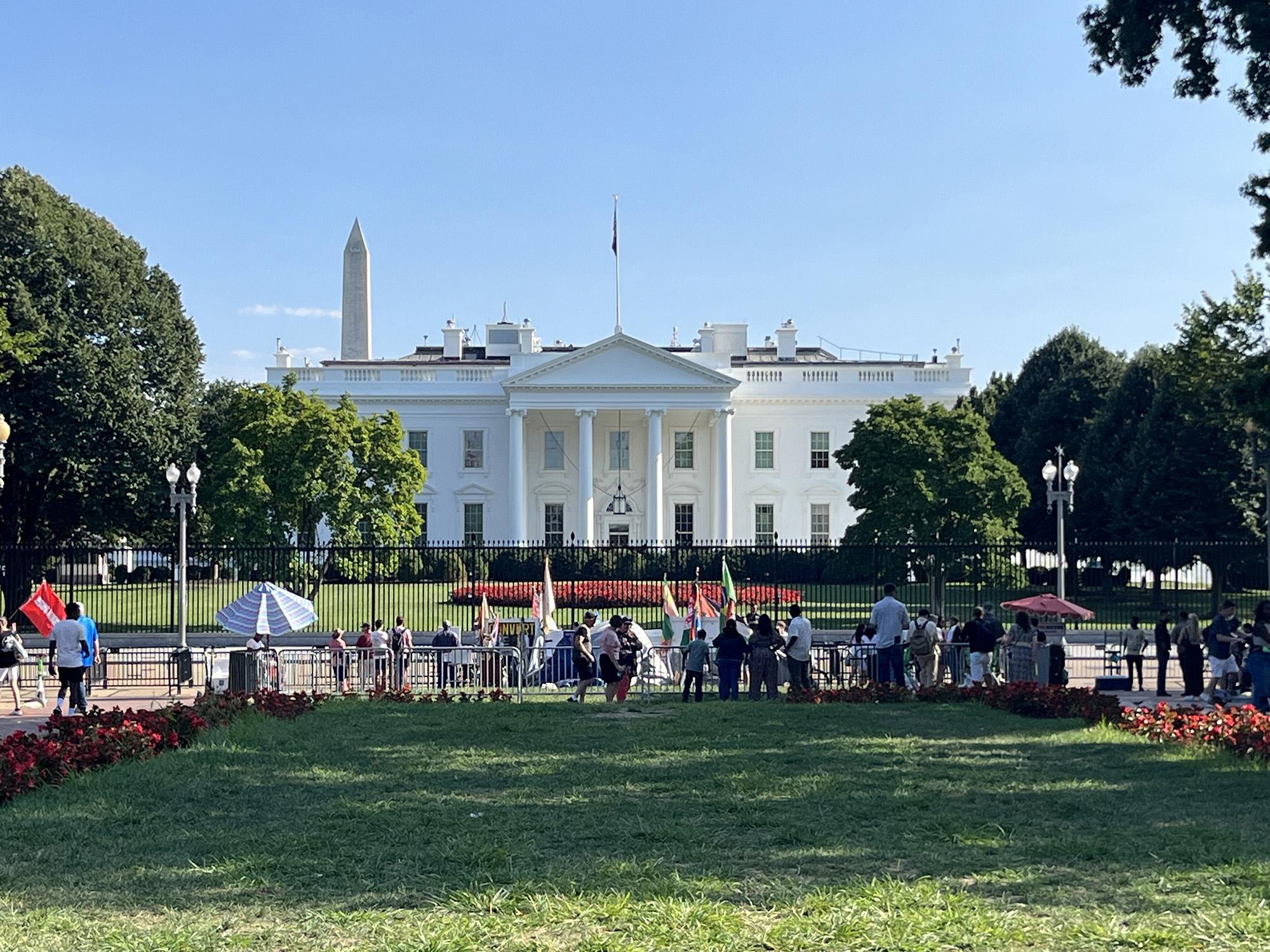As of June 2024, significant strides are being made toward the rescheduling of cannabis at the federal level. The U.S. Department of Justice (DOJ), in collaboration with the Department of Health and Human Services (HHS), has initiated the process to downgrade cannabis from a Schedule I drug to Schedule III under the Controlled Substances Act (CSA). This move marks a pivotal shift in federal cannabis policy and would have profound implications for both research and business.
Current Legislation: Moving from Schedule I to Schedule III
Cannabis has been classified as a Schedule I substance since 1970, placing it in the same category as drugs like heroin, LSD, and ecstasy. This classification indicates that cannabis has “no currently accepted medical use and a high potential for abuse,” according to the federal government. However, this classification has long been at odds with the increasing number of states legalizing medical and recreational cannabis.
The proposed rescheduling follows a recommendation from the HHS, which argued that cannabis has medicinal benefits and should be moved to Schedule III. In May 2024, the DOJ published its official proposal for the change, and the Drug Enforcement Administration (DEA) is expected to follow up with a ruling later in the year. If finalized, cannabis would be placed in the same category as anabolic steroids and ketamine, which have medical uses but are still controlled substances.
The Impact of Rescheduling on the Cannabis Industry
If cannabis is moved from Schedule I to Schedule III, it would open the door to new opportunities in several key areas:
- Research: Currently, researchers face numerous barriers when studying cannabis due to its Schedule I status. If moved to Schedule III, the federal restrictions on cannabis research would be significantly relaxed, allowing for more clinical trials and studies into its medical benefits.
- Tax Benefits: Under Section 280E of the U.S. tax code, businesses dealing with Schedule I or II substances cannot deduct ordinary business expenses, such as rent, payroll, and marketing costs. Rescheduling cannabis to Schedule III would remove this barrier, allowing cannabis businesses to take the same tax deductions as other industries, which could spur economic growth.
- Legal Protections: Rescheduling would provide more legal protections for state-licensed cannabis businesses and potentially ease banking restrictions, allowing cannabis companies to operate more freely within the federal regulatory framework.
What’s Next?
While rescheduling cannabis to Schedule III would represent a major victory for advocates, it would not make cannabis fully legal at the federal level. Cannabis would remain a controlled substance, and strict regulations would still apply. Additionally, each state would continue to regulate its own cannabis policies. The rescheduling process is not final, and the public comment period remains open, with the DEA expected to make a final decision later in 2024.
Why This Matters
Rescheduling cannabis from Schedule I to Schedule III would mark a turning point in how cannabis is perceived and regulated at the federal level. It would allow for expanded medical research, greater business opportunities, and potentially pave the way for further reforms. While not full legalization, this change would represent a significant shift toward aligning federal law with the growing number of states that have already legalized cannabis.
Sources:







